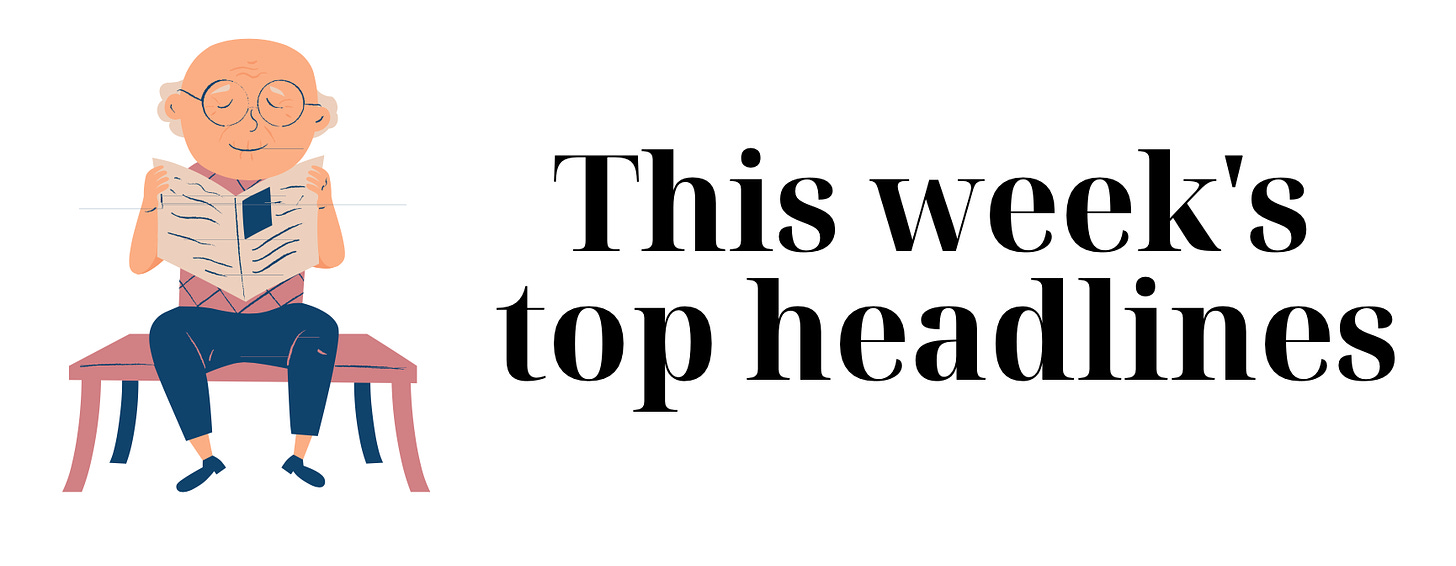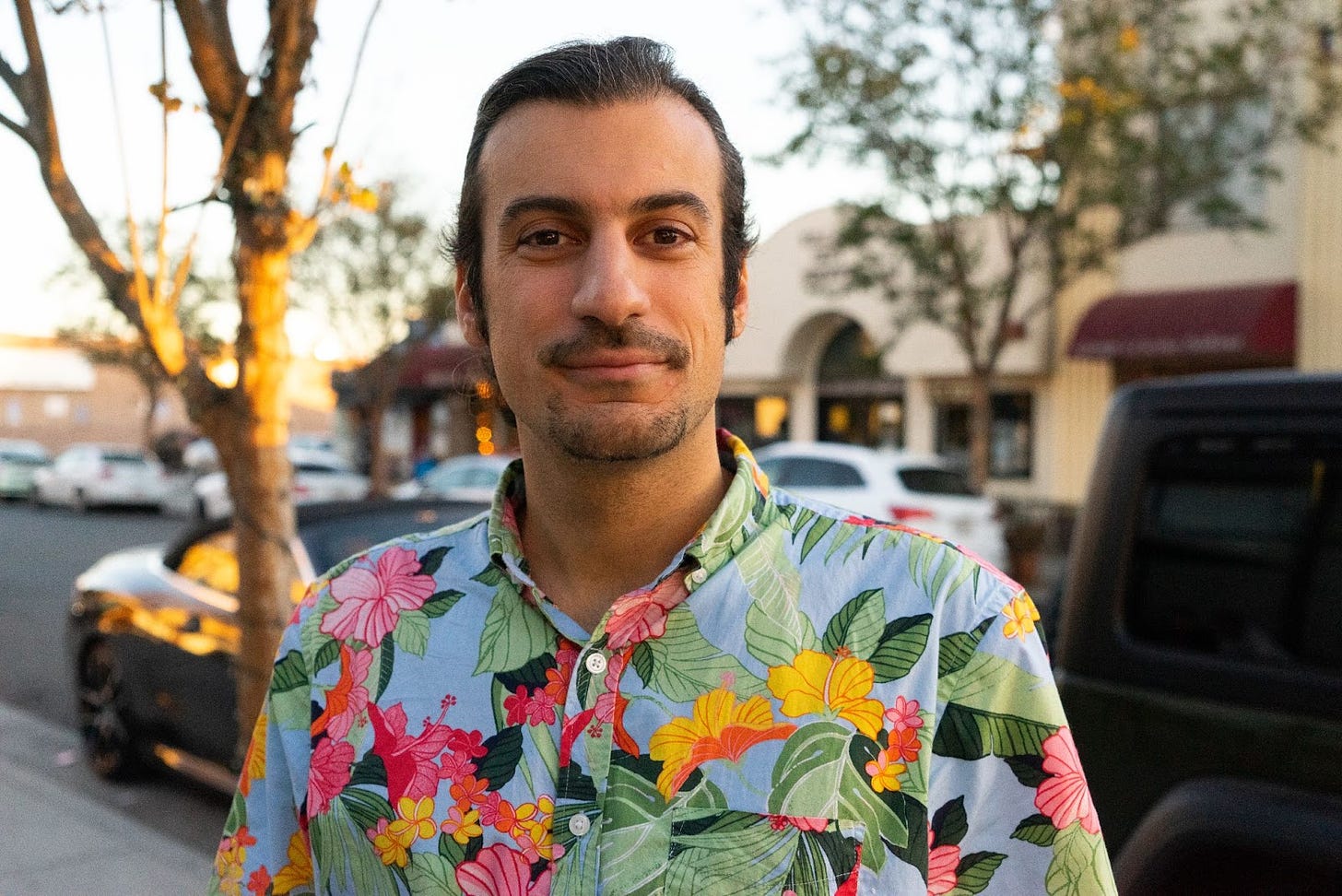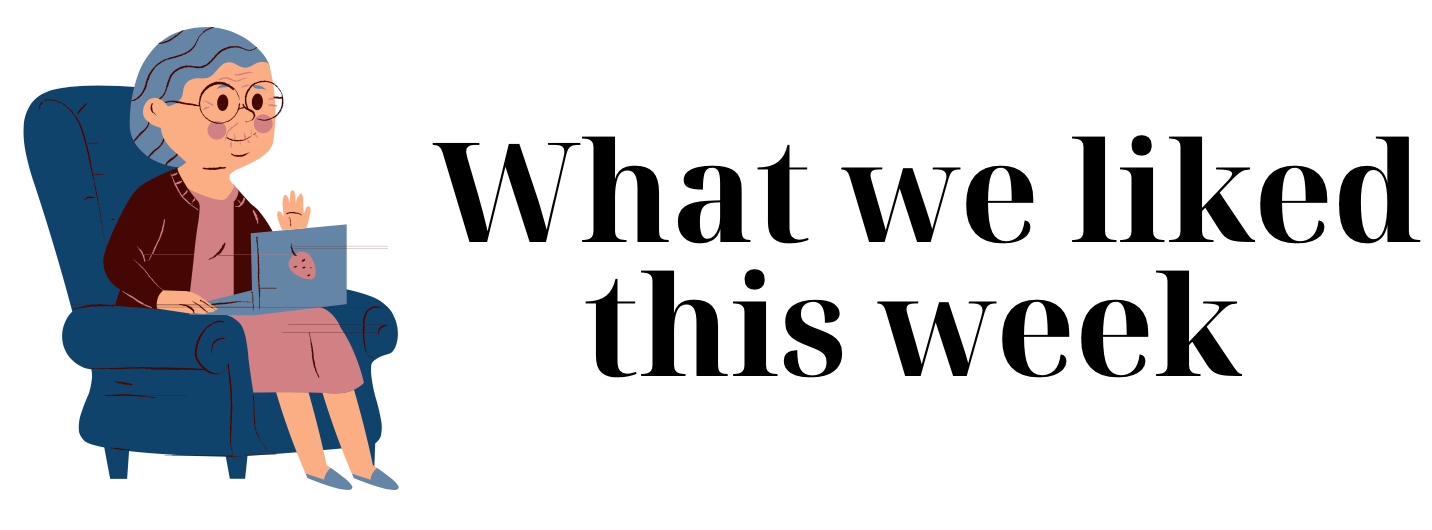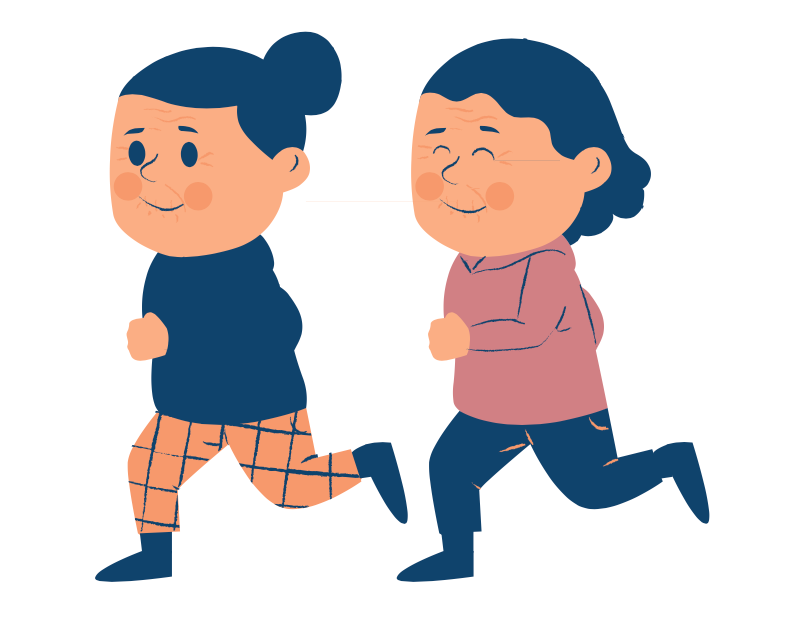Your Namak for Sunday, October 30
Nagorno-Karabakh residents hold massive rally in support of self-determination, two prominent Russian political figures banned from Armenia, and Russia to host leaders of Armenia, Azerbaijan in Sochi.
Hi there, here’s your weekly briefing of Armenian news in English, curated, reported and fact-checked by journalists Astrig Agopian and Maral Tavitian.
Nagorno-Karabakh Residents Hold Massive Rally in Support of Self-Determination
On October 30, tens of thousands of people gathered in the Nagorno-Karabakh capital as the local parliament unanimously adopted a statement rejecting any peace deal that would cede control of the region to Azerbaijan. “Artsakh has never been and will never be part of independent Azerbaijan. This idea should be the basis of the settlement of the Azerbaijani-Karabakh conflict,” the statement said. Artsakh Press reported that an estimated 40,000 people attended the rally, making it one of the largest gatherings in Nagorno-Karabakh history. The protest follows statements by top Nagorno-Karabakh officials this week, rejecting any agreement between Yerevan and Baku that fails to address the question of self-determination for the Armenians of Nagorno-Karabakh.
Two Prominent Russian Political Figures Banned from Armenia
Prominent Russian political figures Konstantin Zatulin and Margarita Simonyan have been banned from entering Armenia. Simonyan, a close ally of Russian President Vladimir Putin and editor-in-chief of Russia Today, said in a tweet that she has been barred from Armenia. Zatulin, a Russian parliamentarian and outspoken supporter of Armenia for years, published a letter from Armenia’s National Assembly informing him that his future visits to Armenia are deemed “undesirable.” Zatulin has harshly criticized Armenian Prime Minister Nikol Pashinyan’s administration in recent weeks.
Russia to Host Leaders of Armenia, Azerbaijan in Sochi
The leaders of Armenia and Azerbaijan will meet in Sochi on October 31, for a trilateral summit hosted by Russian President Vladimir Putin. The three heads of state last convened in November 2021. Top Armenian government officials have indicated that Yerevan aims to sign a final peace deal with Baku by year end.
Raffi Wartanian: Meet an Armenian-American writer unlocking the depths of human experience
“The Armenian experience is very much a microcosm of what it means to be a human in this world, specifically to belong to a community, to overcome obstacles and adversities, to express some sense of cultural uniqueness and self that is responding to the diverse surroundings in which we find ourselves.”
If you ask Raffi Wartanian about his upbringing, he does not start in his hometown of Baltimore. His story takes shape three generations before him, in the historic Armenian cities of Kharpert and Adana. He describes in vivid detail his family’s journey from Western Armenia to Lebanon, where they arrived as refugees from the genocide, the trades his ancestors practiced and books his great grandfather authored, before finally landing in Maryland.
Raffi’s complex answer to a seemingly simple question reveals much about the 36-year-old writer and academic: his interest in the layers of human experience, Armenian identity and the effects of migration and displacement.
Although Raffi did not grow up around many Armenians, his parents immersed their three children in Armenian culture at home. Nearly every summer, the family would travel to Beirut, where Raffi would explore the many dimensions of the chaotic, colorful city.
“We grew up with two very different worlds: Baltimore and Beirut,” Raffi says.
From a young age, Raffi demonstrated an intense curiosity that led him to pursue a variety of activities, from basketball to theater and guitar. Writing was a constant, the act of putting ideas down on paper connected his eclectic interests. Raffi’s exploratory nature extended to his studies at Johns Hopkins University, where he graduated with a degree in history.
“My approach to college was let me just take whatever class is interesting to me. I took a lot of theater, writing, psychology, cognitive science, English, film, just whatever was interesting. I took classes on religion as well,” Raffi says.
The summer before his senior year, Raffi visited Armenia for the first time through the Birthright Armenia program. He volunteered with children in Gyumri, taught English in villages and marked the Janapar Trail in Nagorno-Karabakh. The experience brought him closer to his Armenian identity and presented new questions that he had never contemplated.
His search for answers has become a theme of his writing and music. Raffi has published personal essays on the meaning of immigrant family names –– and what is lost when we alter and mispronounce them to assimilate –– and how a cross-country bike ride resulted in an unlikely, transformative bond with his first Turkish friend.
“The Armenian experience is very much a microcosm of what it means to be a human in this world, specifically to belong to a community, to overcome obstacles and adversities, to express some sense of cultural uniqueness and self that is responding to the diverse surroundings in which we find ourselves,” Raffi says.
A newly minted college graduate at the height of the 2008 recession, Raffi was unsure about what he wanted to pursue professionally, but was certain about feeding his appetite for travel.
In the months following his graduation, Raffi participated in a human rights fellowship in France, worked on a farm in Portugal and walked through Spain on the Camino de Santiago. He attended his sister’s wedding in Italy and visited relatives in Cyprus, Kuwait and the United Arab Emirates. Seeing new people and places activated aspects of Raffi’s creativity that are still bearing fruit today.
“Getting away from the trappings of daily life is a way to reconnect with something that feels very authentic for me. I wondered sometimes too if it’s related to my family’s experience of so many consecutive generations of migration and movement and traveling and going place to place,” Raffi says. “I feel the most at home on the road. When I’m traveling, when I’m in movement. I feel that my most robust ideas emerge when I’m on a bike ride, going for a walk. When I’m somehow outside my comfort zone, that’s where I have the most growth and development.”
In 2013, he moved to New York City, where he received graduate degrees from Columbia University in international affairs and creative writing. While pursuing his Master of Fine Arts, Raffi spent one year teaching creative writing workshops to inmates at Rikers Island Jail. The experience exposed him to the power of writing as a tool for social change.
“Even in places where government and bureaucracy seem to be trying to silence people, if you can find a way to get to those people and connect with them and share with them the tools and power writing has to unlock that inner spirit, you can help cultivate voices for people who are being silenced by government, by violence, by mass incarceration or existential incarceration,” Raffi says.
Years later, Raffi decided to apply the same concept to a conflict closer to home. In 2018, he launched “Letters for Peace,” a program dedicated to fostering mutual understanding among Armenians and Azerbaijanis. Through workshops over two summers, participants exchanged letters about the everyday impact of war on their lives, their dreams and aspirations for the future. The letters have now been compiled in a book.
“The main idea is simply about trying to foster dialogue as the first step toward transforming conflict in a place where the opportunities for dialogue are silenced by the dictatorships, the propaganda, the militarization,” Raffi says. “It’s only become even harder now.”
Raffi now lives in Los Angeles with his wife and young son, and teaches writing full-time to undergraduates at UCLA. The professor hopes to instill his intellectual curiosity and love of learning in his students.
“All I want to do is discover things and explore new ideas, give back, express, create, advocate, try to make the world a better place,” Raffi says.
To read: Armenia’s silent agreement: Homophobia in the military, a chilling investigation by Chai Khana about the violence directed at gay servicemen in the Armenian army. To receive an exemption from mandatory military service, gay conscripts must admit their sexual orientation is an illness, a decision that can result in their forcible commitment to a psychiatric hospital.
To watch: Dust Never Settled, a documentary by Blue Kalamian about the human toll of the 2020 Nagorno-Karabakh War. In poignant interviews inside Armenian hospitals, healthcare workers and young soldiers describe the immense physical and emotional wounds from the conflict.
To read: The People of Artsakh: Resilience and Anguish, a personal essay in EVN Report by Nagorno-Karabakh journalist Lilit Shahverdyan, who explains her complex relationship with her home, a place burdened by decades of war and unresolved pain.
That’s it for today, see you next week!
Questions? Story ideas? An urge to say barev/parev? You can send us a secure email at namaknews@protonmail.com.









